When embarking on a woodworking or decking project, selecting the right type of screws is critical to the success and durability of the finished product. Two common options are deck screws and wood screws, each with its unique characteristics and applications. This article delves into the differences between deck screws and wood screws, exploring their respective features, benefits, drawbacks, and best use scenarios.
Table of Contents
Deck Screws – Characteristics and Applications
Definition and Key Features
Deck screws are specially designed for outdoor use, particularly for building or repairing decks, fences, and other exterior structures. Key features include:
- Coating: Often coated with weather-resistant materials to prevent rust and corrosion.
- Thread Design: Coarser and sharper threads for better grip in outdoor applications.
- Head Type: Typically, a flat head that sits flush with the wood’s surface.
Benefits
- Durability: Made to withstand harsh weather conditions.
- Ease of Installation: Self-tapping design allows easier installation without pre-drilling.
- Appearance: Available in various colors to match or complement decking materials.
Drawbacks
- Cost: Generally more expensive than regular wood screws due to specialized coatings and design.
- Specialized Use: Primarily intended for outdoor use and may not be suitable for indoor woodworking.
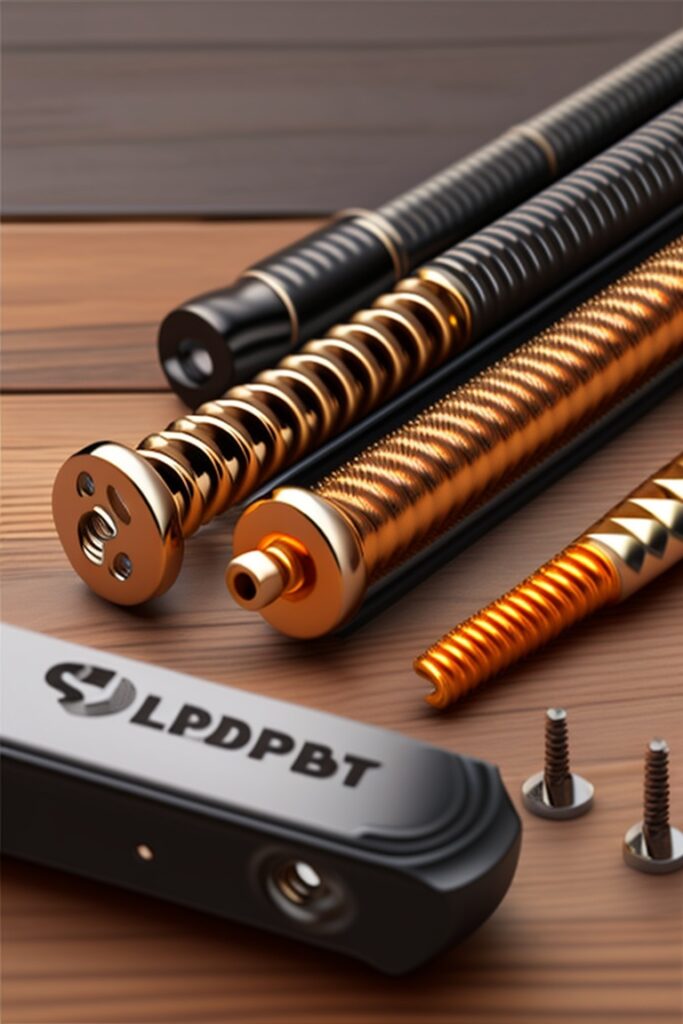
Wood Screws – Characteristics and Applications
Definition and Key Features
Wood screws are versatile fasteners used in various woodworking projects, both indoor and outdoor. Key features include:
- Material: Often made of plain steel, brass, or bronze.
- Thread Design: Finer threads suitable for joining wood pieces.
- Head Type: Various head styles, including flat, round, and oval.
Benefits
- Versatility: Suitable for a wide range of woodworking projects.
- Cost-Effective: Generally more affordable than specialized screws like deck screws.
- Availability: Easily found in various sizes and styles.
Drawbacks
- Durability: May lack the weather-resistant coatings found in deck screws.
- Pre-Drilling Requirement: Often require pre-drilling to prevent splitting, especially in hardwoods.
Deck Screws vs Wood Screws – How to Choose?
Analyzing the Project Needs
Understanding the specific requirements of your project is crucial in selecting between deck screws and wood screws. Here’s a breakdown to help guide your choice:
- For Outdoor Decking: Deck screws are generally the better choice due to weather resistance and specialized design.
- For Indoor Woodworking: Wood screws provide versatility and cost-effectiveness for various interior projects.
- For Mixed Applications: Consider the specific demands of the project, such as the need for weather resistance, aesthetics, or budget constraints.
Conclusion
Deck screws and wood screws, while similar in function, serve distinct purposes and applications. Deck screws are tailored for outdoor use, providing durability and aesthetics for deck construction. Wood screws, on the other hand, offer versatility and cost-efficiency for a broader range of woodworking projects.
By analyzing the specific requirements of your project and understanding the unique characteristics of each screw type, you can make an informed decision that ensures the success and longevity of your build.
Disclaimer: This article is intended for informational purposes only and does not constitute professional advice. Always consult with a licensed contractor or construction professional for your specific needs.

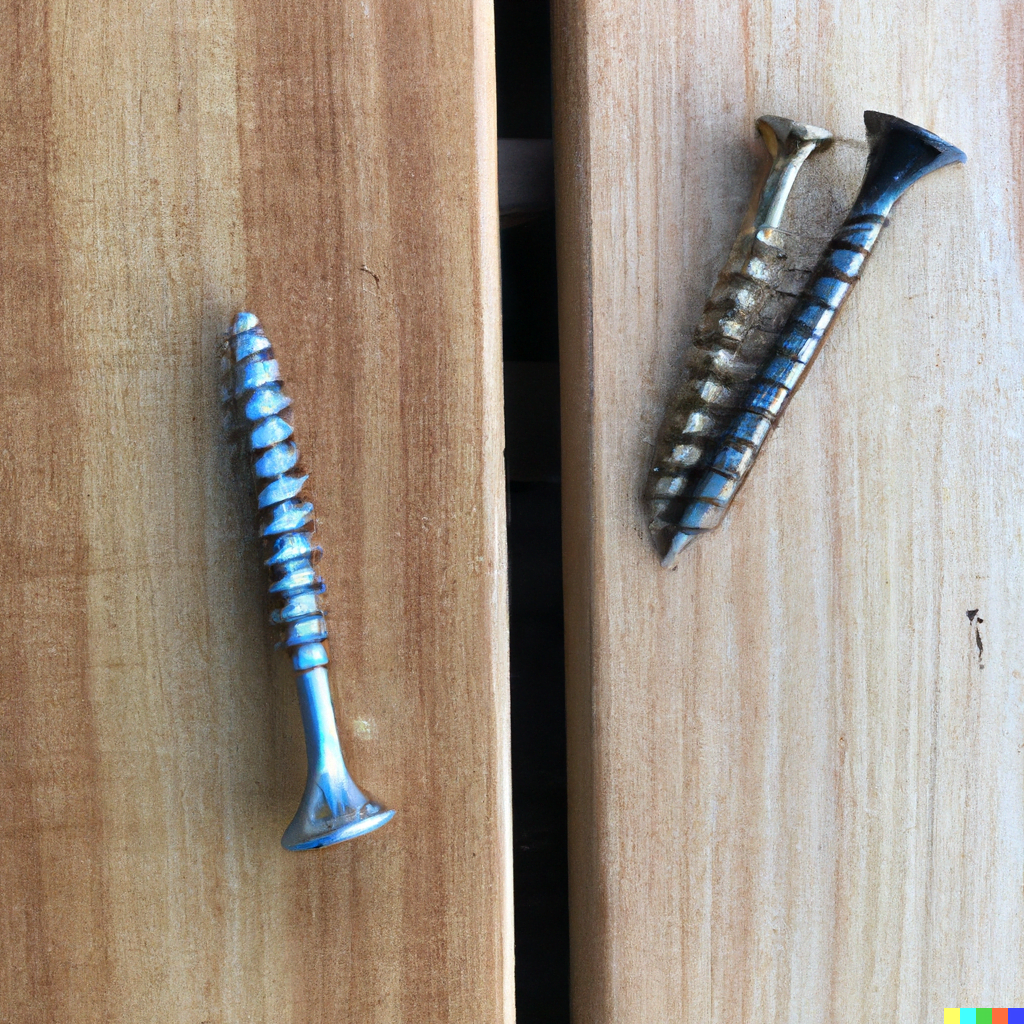
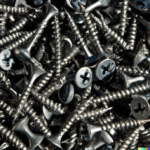
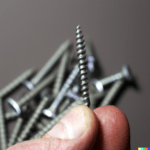
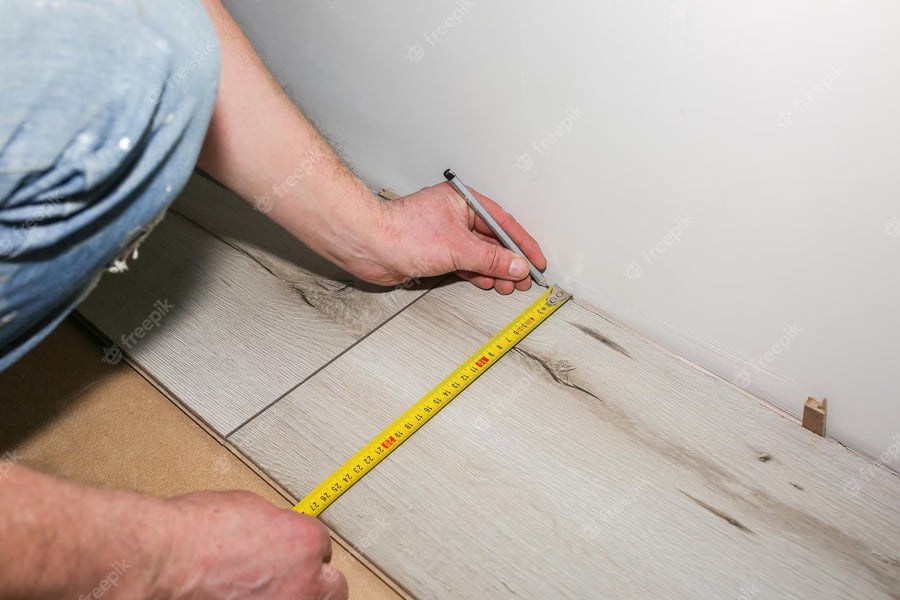
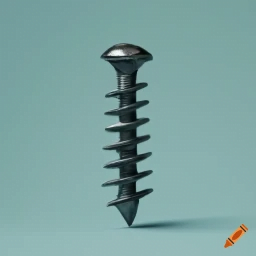
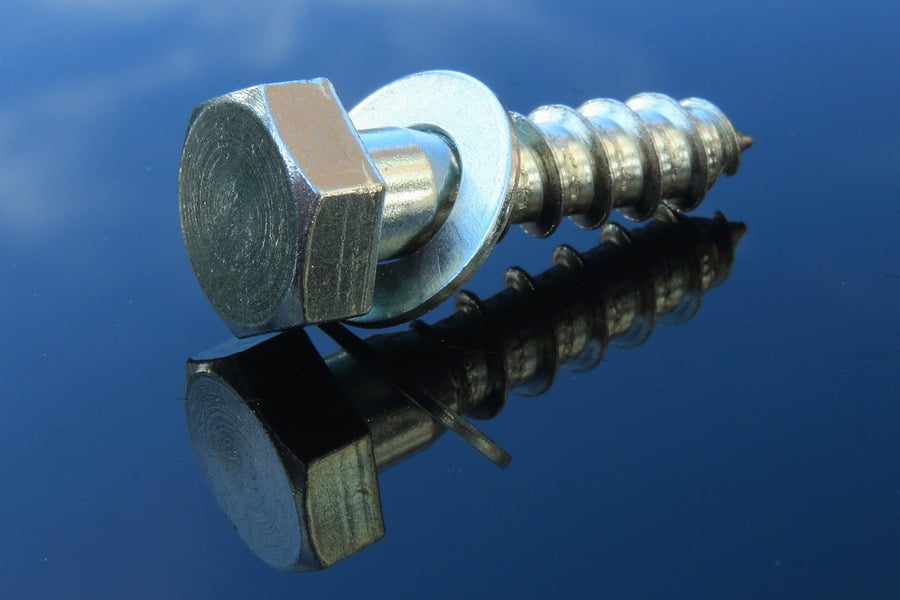
1 Comment